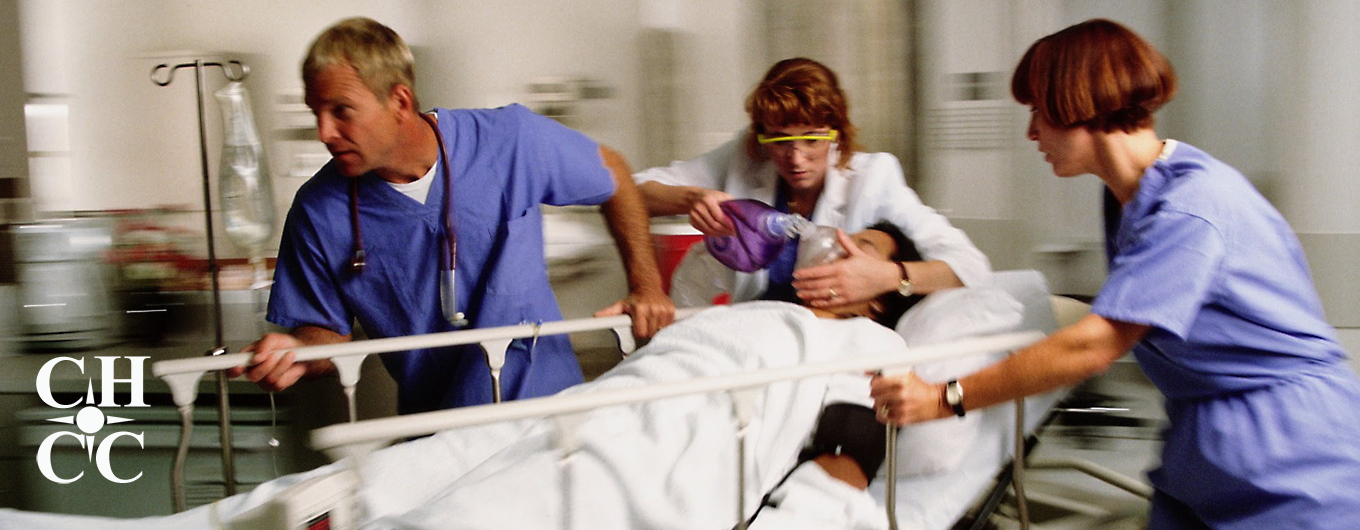
By: Barrie Quappé RN, BSN – Consultant/Director:
At one point in my floor nursing career, I met another nurse who preferred to work the night shift. She expressed that there was less noise and confusion, she could organize her work and then quietly catch up on documentation, which she was very thorough about. Being a new nurse at the time, the option of requesting a certain shift was not yet available as nurses have been expected to switch from day to night shifts, pick up a double (you’ll get paid overtime, you know) and keep on providing safe care. The incredible thing is that I assumed that most nurses manage this. Then I read a recent article about drowsy driving, and an incredible study one unit did considering napping protocols.
My experience with this was after two twelve-hour shifts – all day, followed by all night, working on a busy cardiac unit. I loved it. It was challenging. I learned a lot, including how organization of the team and efficiency saved time when we responded to cardiac emergencies. I was so caught up in the newness of this responsibility that I guess I was running on adrenaline and never gave thought to the long hours until I experienced drowsy driving. I reported off to the incoming nurse on my patients and signed out. As I walked out of the hospital, the 30 degrees breeze slapped my face and gave me a needed energy boost for the ride home, or so I thought.
I had about a 40-minute drive home and it was early in the morning that only a few cars were on the road. I lived on a lake cay and after 30 minutes I had to drive over a small bridge to enter my neighborhood. I remember turning on the heat as it was so cold outside and cranking up some rock and roll on the radio to flush the memories of some of the human suffering I had witnessed. That was the last thought I remembered having. I came to having missed the bridge and heading into oncoming traffic.
Watch out! I corrected the car, pulled off the road and snapped off the heat realizing it had lulled me to sleep. Unfortunately, I am one of the lucky ones.
One article notes that:
“Fatigue might be part of the job, but it doesn’t have to be. “From years and years of evidence, we know nurses are sleep-deprived and that it affects both their job performance and their ability to drive home safely,” explained lead investigator, Dr Jeanne Geiger-Brown, dean of the School of Health Professions at Stevenson University. “This is not trivial. This is a real problem and—as demonstrated by the death of the Johns Hopkins nurse—a fatal problem in some cases. We need to pay more attention to it.”(Stokowski, 2016)
Costa outlines very well the complexity of the effects of shift work and makes initial recommendations on ordering work shifts with consideration given to lessen the negative effects on workers to enhance their attentiveness at work. This would extend to all shift workers, not just nurses. For this short article, I crossed numerous research articles on the topic which gives me a first impression that perhaps we should be looking at this here in the Cayman Islands.
Errors, motor vehicles accidents or for emergency workers – delayed response times could be improved if shifts were designed to lessen the fatigue on the workers and their health.
Need Assistance with your People, Policies or Facilities?
Contact Cayman Healthcare Consulting Today!
Relevant Links:
- Costa, G. (2010) ‘Shift Work and Health: Current Problems and Preventive Actions’, National Institutes of Health, 1(2), December, pp.112-123 [Online] Available from: https://www.ncbi.nlm.nih.gov/pmc/articles/PMC3430894/ (Accessed 29 November 2016)
- Stokowski, L.A. (2015) ‘Should Night-Shift Nurses Nap at Work?’, Medscape Nurses [Online] Available from: http://www.medscape.com/viewarticle/866836_2 (Accessed 29 November 2016)
